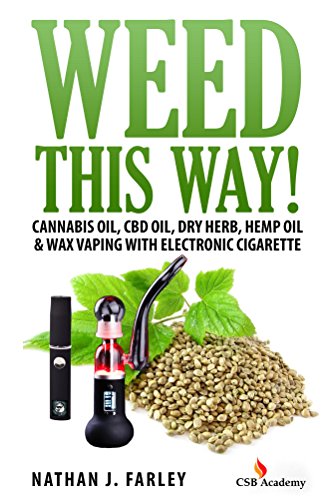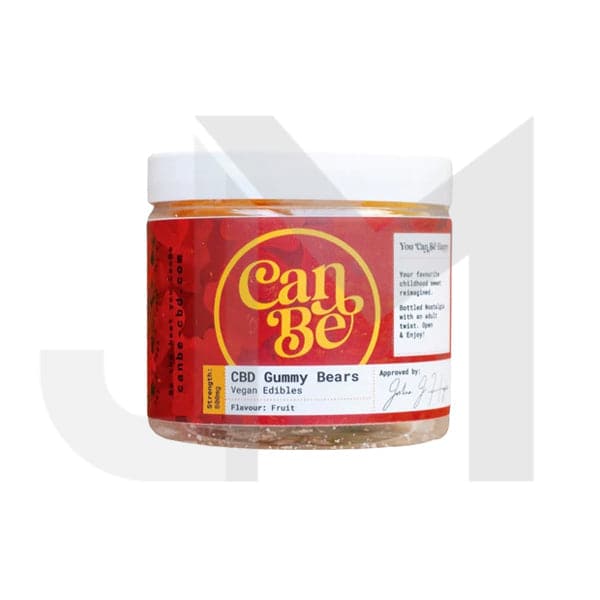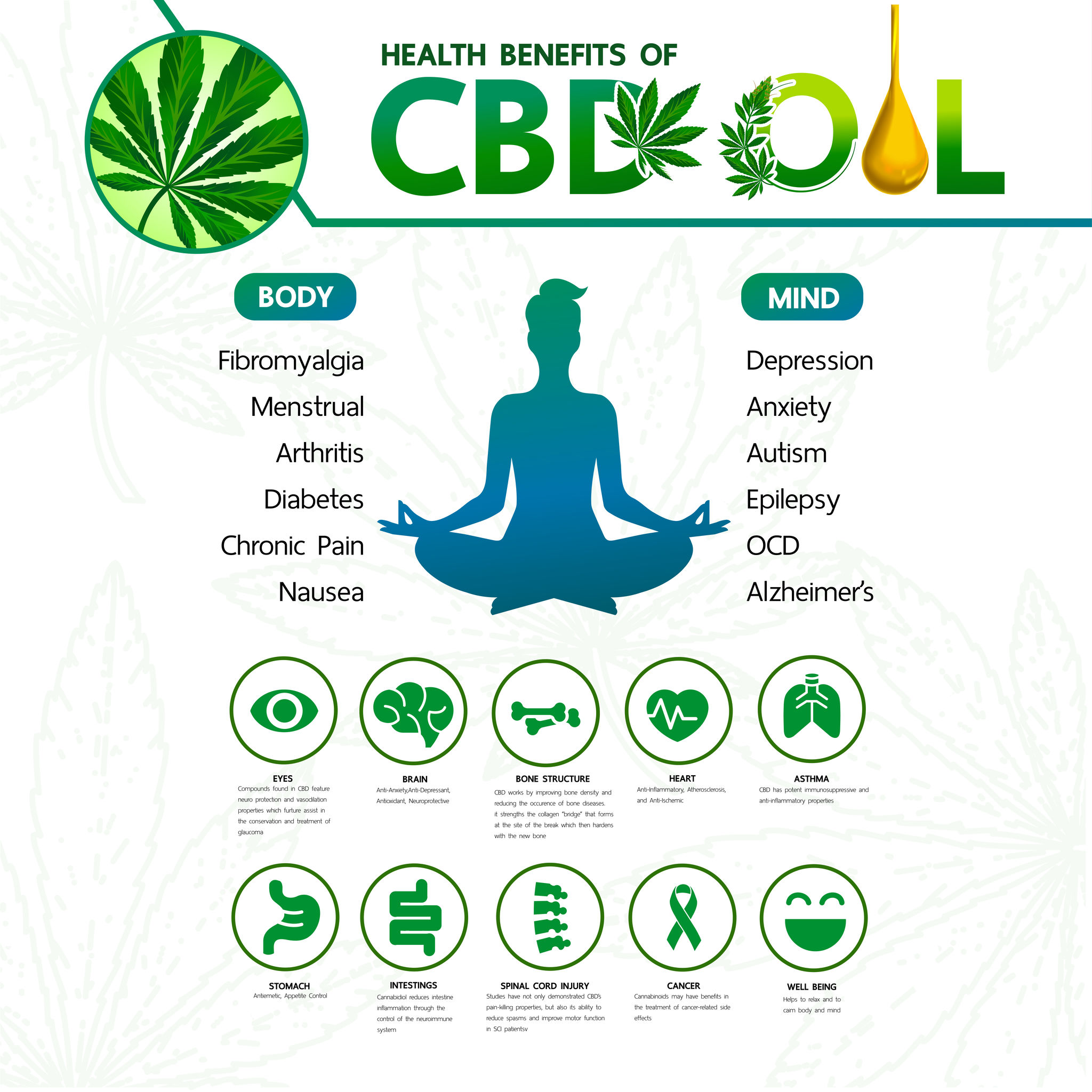
CBD oil is a popular dietary supplement. However, before you take a vape cartridge, you need to know the legal status of CBD oil. This will tell you if CBD oil is legal in your area. If it is legal, you can either buy CBD-derived hemp oil or CBD-derived marijuana oil.
CBD from hemp
Hemp-derived CBD, which is made from hemp, can be used as a natural treatment for a range of health issues. The FDA approval is necessary before a hemp product can be put on the market. Also, cannabis-derived goods are food additives. The FDA will regulate them.
Although the FDA does have a small team to enforce CBD laws it has not issued any warning letters to anyone who has violated them. It has suggested that more enforcement will be done through federal and state partners. This year, local law enforcement raided CBD shops and hemp farms. Despite the legal status of hemp and CBD, enforcement actions are still possible, mainly due to misunderstandings between law enforcement and the public. As a result, it is vital to understand state laws before purchasing any hemp-derived CBD products.

Marijuana-derived CBD
Marijuana CBD can be legally used for medical purposes in all 50 US states. This legalization shows how state-based legalization continues to progress despite federal prohibition. Although federal law prohibits doctors from prescribing marijuana, many states have laws that allow doctors to make referrals and recommendations. A majority of states have some sort of patient registry to protect patients from arrest if they are caught using marijuana.
Qualified patients may be referred to licensed physicians who can dispense marijuana-derived CBD. Products must contain at minimum 5% CBD. In most states, a physician must have a valid FDA investigational drug permit before dispensing cannabis-derived CBD. Also, patients who meet the qualifications can access CBD from medical marijuana dispensaries located outside their state.
Hemp-derived CBD oil
Using Hemp-derived CBD oil for medicinal purposes remains illegal. However, certain states have legalized CBD oil from hemp and allowed its sale. These states are Idaho and Nebraska. Idaho currently considers hemp-derived CBD a controlled substance.
Hemp is an agricultural product and contains 0.3% THC. Although marijuana remains illegal, hemp is not. Hemp-derived CBD oil, however, is legal in all 50 US states. The federal government has granted researchers permission to study its effects. In most cases, hemp-derived CBD oil is made with a small amount of THC.

CBD oil
It can be difficult to know whether CBD oil is legal in all states. Federal law permits individuals to consume as much CBD as they want per day. However, local laws restrict CBD products. These laws are enforced both by the state and local authorities.
Despite recent law enforcement actions CBD still remains legal in many states, so long as it contains less than 0.3 percent of THC. Virginia continues to make it illegal to sell CBD in any form. Additionally, the FDA has the power to prosecute companies making false health claims and using interstate trade to promote unapproved CBD products.
FAQ
What is the size of the global CBD market?
Euromonitor International estimated that the global CBD industry was worth $US3.5 billion in 2015. This is a more than 10% increase over 2014.
The report projects that this figure will reach $US6.4 billion by 2020. This represents an average annual growth rate 12%.
CBD products are expected to account for around half of all hemp-derived products sold globally by 2020.
This includes both CBD oils and other CBD products such as food, beverages, cosmetics, and pet care items.
What does the future hold for the CBD Industry?
The future of CBD is bright. It is easy to see why this sector is so popular. With CBD products making up over $1Billion worldwide, it's easy for people to see why this market has grown exponentially.
According to Statista, worldwide sales of cannabidiol (CBD), are expected to hit $22.4 billion in 2019. This is an almost 200% increase from 2018!
The CBD market is also predicted to grow at a compound annual growth rate of 22.5%, which equates to nearly $6.8 billion in revenue by 2022.
This is good news for both companies that want to enter the CBD market and those who are already in this sector. We must remember that the CBD market still has a lot of work ahead.
Are CBD companies worth the investment?
This depends on your needs. If you are looking for a way to make some money, yes. But, if the goal is to help people, then no. Because there are other ways you can do it without spending $20k.
Which countries produce CBD of the highest quality?
The United States produces the majority of CBD products.
Canada, Australia New Zealand, Israel and New Zealand also produce high-quality CBD product.
How can CBD products sold in a legally compliant manner by companies?
The FDA does no regulate hemp as a crop commodity. The FDA regulates cannabis derivatives (e.g. marijuana) under the Controlled Substances Act. CBD has yet to be subject to specific regulations.
CBD is legal at the state level in 29 states, but federal law still considers it illegal. This creates uncertainty for businesses looking to sell CBD products.
The FDA has specific guidelines on how CBD products must be marketed. THC content must be clearly disclosed. Without scientific evidence supporting this claim, CBD cannot be used to treat certain medical conditions.
In addition, the FDA requires manufacturers to submit detailed information regarding manufacturing practices and quality control measures. They require companies to carry out clinical trials to prove safety or efficacy.
When developing their own marketing strategies, companies should take into account these points.
Statistics
- The inhibition of FAAH is predicted to lead to an increase in brain and plasma concentrations of AEA, which acts as a partial agonist at CB1R and CB2R, thereby increasing endocannabinoid tone [92, 110]. (ncbi.nlm.nih.gov)
- The use of these products is likely to become even more widespread if the World Health Organization's recommendation that CBD no longer is scheduled in the international drug control conventions is adopted by the United Nations member states [201]. (ncbi.nlm.nih.gov)
- OralWhere HED is the human equivalent dose, and Km is a correction factor estimated by dividing the average body mass (BM) of the species (60, 0.020, and 0.150 kg for 11 humans, mice, and rats, respectively) and by its surface area (see: Nair et al. (ncbi.nlm.nih.gov)
- however, one study also found that these effects were virtually abolished when the original media (a nutrient broth agar) was replaced with one containing 5% blood (increasing the minimum concentration to ~160 μM CBD) [179]. (ncbi.nlm.nih.gov)
- HR −16 mmHg; 95% CI −26, −6; I2 = 92%) (ncbi.nlm.nih.gov)
External Links
How To
How to Get Certified To Sell CBD Products
CBD (cannabidiol) is one of the hundreds of cannabinoids found in cannabis plants. It has been used medicinally in many countries throughout history, including traditional Chinese medicine and India. Due to its ability treat conditions like anxiety and pain, epilepsy, inflammation, and other ailments, it has become increasingly popular. However, CBD products cannot be sold by anyone unless they are certified by the U.S. This means that any person who wants to sell CBD products must use the "unofficial" process called self-certification.
There are two ways you can go about it. One way to do this is to join the local association of cannabis-business owners. This way, you can learn from others while getting support and advice. There are currently numerous associations all over the country. You can also go online and start your own business. Many states allow canna businesses to operate online. If this is the case, then you can establish your own website immediately and start accepting orders. However, registration is required with your state Department of Public Health. Once you have been registered, you will be able apply for a state license through the department of public health. Once you receive your license, you're officially allowed to open your store and begin accepting orders.